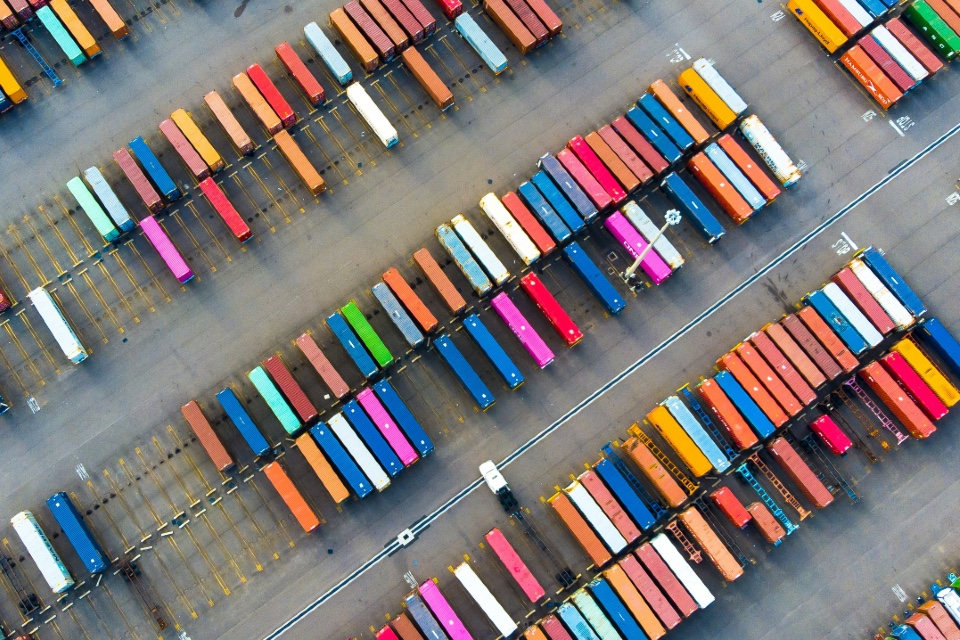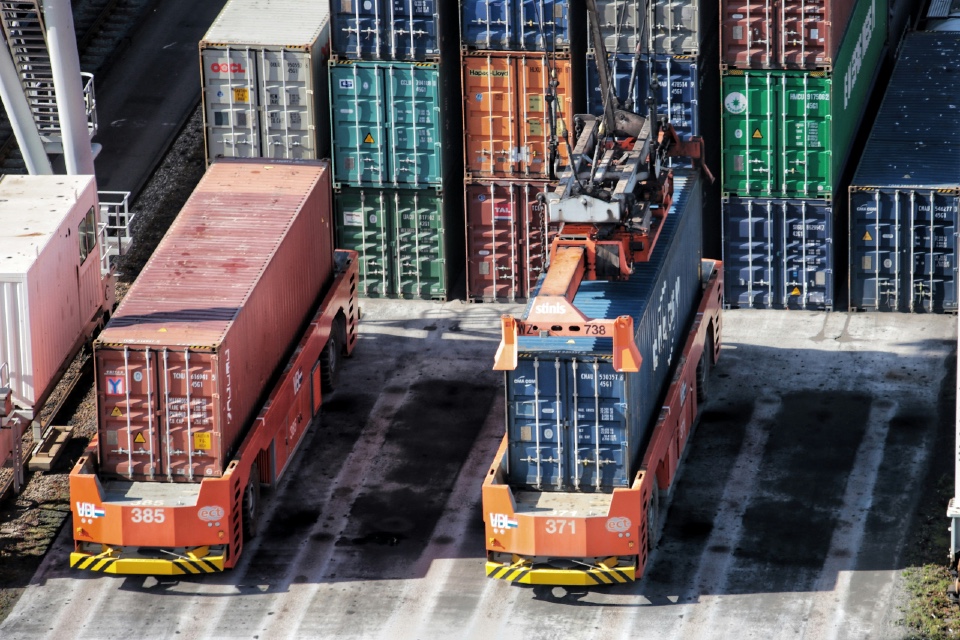As environmental pressures intensify and net zero deadlines loom, supply chain leaders across public and private sectors attending the Total Supply Chain Summit are facing a clear challenge: how to decarbonise logistics operations without compromising service levels. The good news is that sustainability and efficiency are no longer at odds. With the right strategies, organisations can achieve both.
Transport is a major emissions contributor, particularly in last-mile delivery, which is often the most carbon-intensive leg of the supply chain. To address this, many logistics operations are turning to low-emission vehicle (LEV) fleets, ranging from electric vans to HVO-powered HGVs. Supermarkets, postal services, and even local authorities are already rolling out electric delivery vans supported by smart routing systems that reduce mileage and idle time.
Others are adopting modal shift strategies, moving from road to rail or water where feasible. Rail freight, in particular, offers significant carbon savings for long-haul distribution, especially when integrated with electric intermodal hubs.
Warehousing is another critical focus area. Retrofitting facilities with solar panels, LED lighting, and energy-efficient HVAC systems is becoming standard practice. Some operators are also moving toward net-zero warehousing by installing on-site battery storage, using electric forklifts, and sourcing 100% renewable energy.
Packaging is also being rethought. Retailers and manufacturers are adopting circular packaging solutions, including reusable crates, collapsible pallets, and biodegradable materials, which reduce both waste and costs. Innovations like right-size packaging and automated packing lines also cut unnecessary airspace, improving vehicle fill rates and reducing carbon per shipment.
Data plays a pivotal role. Advanced analytics platforms now allow supply chain teams to measure carbon intensity per route, per product, and per customer, enabling more informed, sustainability-driven decisions.
The shift to sustainable logistics is about long-term resilience and brand trust. Increasingly, public sector tenders and major B2B contracts are including carbon reduction as a selection criterion.
For supply chain leaders, the message is clear: cutting emissions doesn’t mean cutting performance. By investing in smarter, greener logistics systems, organisations can stay competitive while meeting their sustainability commitments.
Are you searching for Logistics & Operations Management solutions for your organisation? The Total Supply Chain Summit can help!
Photo by Lance Asper on Unsplash







